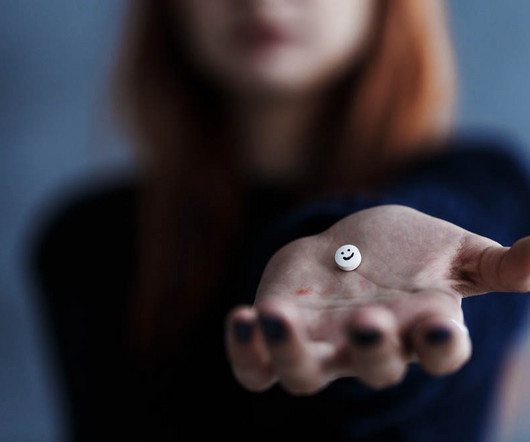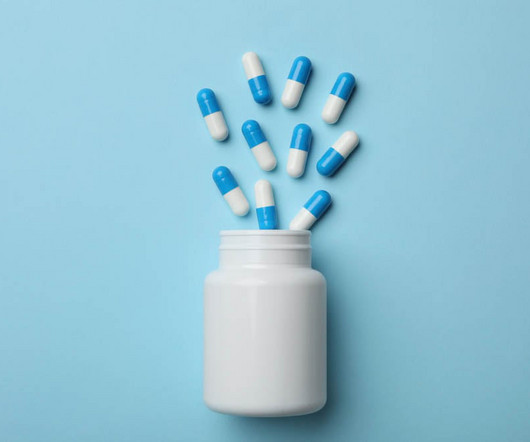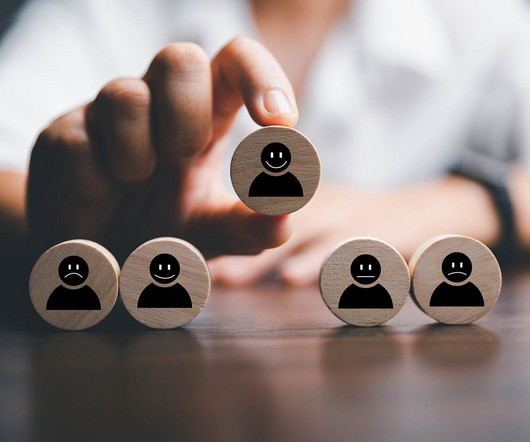Behind the Smiles: Mental Health in South Korea’s High-Pressure Society
Mad in America
APRIL 15, 2025
Psychiatric medications are often offered as the default solutionbut without complementary options such as therapy, community support, or trauma-informed care, these prescriptions can become long-term crutches rather than bridges to healing. South Koreas mental health crisis is not simply a matter of individual symptoms.












Let's personalize your content